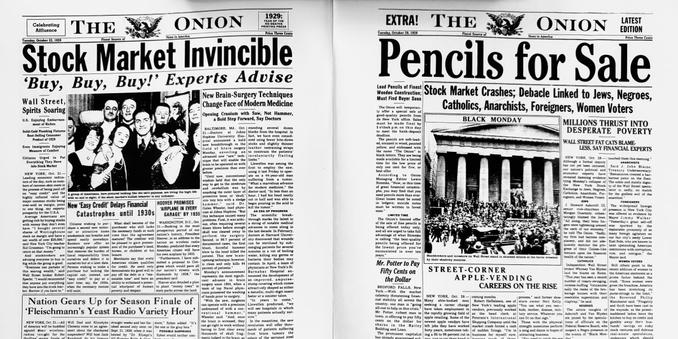'The reason we’re in crisis is not because policymakers have been ignoring the advice of orthodox economists, but because they have been following it'...
If you're intrigued by Modern Monetary Theory (MMT), then Dougald Lamont's blog post exploring why MMT is descriptive of the contemporary economy, not a prescription for its reform, will be worth reading (although it might take you a while to work your way through it).
h/t @Oxymetheus
https://dougaldlamont.substack.com/p/if-mmt-is-wrong-why-is-it-so-much

@ChrisMayLA6 @Oxymetheus
A great read! The only sentence I disagree with is “In the financial economy, it is a zero-sum game, where the winner takes the losers’ money.” That’s not totally true. The financial economy has to make a profit, and it does so by extracting some of the profit from the real economy. It is in fact largely parasitical. Yes, some services such as insurance and currency hedging are worth paying for, but many are not, and in fact do great damage.
@ChrisMayLA6 @Oxymetheus
For those who don’t know, currency hedging is a service which (in its useful form) allows companies with a future liability in a foreign currency (for example to buy electronic components) to buy forward enough currency to meet their obligations. That fixes into their own currency the price they will have to pay, allowing them to plan their profit margin, transferring any risk that exchange rates will move against them. Or alternatively, to fix incoming payments, too.
nice clear explanation; thanks (and boosted)... If I was still teaching I'd nick that for a power point slide... but I'm not, so won't - it was one of those things that I always found my explanations for students becoming a little too complex
@ChrisMayLA6 @Oxymetheus High praise indeed. Thank you.
@KimSJ @ChrisMayLA6 @Oxymetheus In the 1980s my boss chose to hedge the Dutch guilder but not the American dollar. Which was sensible because the company sold much more to Holland than to the USA.
@KimSJ @ChrisMayLA6 @Oxymetheus One way of looking at derivatives and the like is to think of it as trading risk. If you are exposed to a risk, you can pay someone to take it off your hands. Pooled risk often shrinks; a 1% chance of disaster, across hundreds of instances, becomes a predictable 1% loss. So that's a good thing.
/1
@KimSJ @ChrisMayLA6 @Oxymetheus
However another name for taking on risk is "gambling". Risk is difficult to measure in aggregate. House fires are uncorrelated, but flooding is not. Economic risks are often correlated in obscure ways.
On top of this are agency problems. Gambling with other people's money exposes the principal to the loss, but the gambler only to the upside. Hence there are perverse motives to hide risk, cross fingers and hope.
/end
And, of course, moral hazard
@KimSJ @ChrisMayLA6 @Oxymetheus companies? I preemptively bought euros on sept 5 2022 @ €1.15 per £ with the outcome that I could watch the first 2 weeks of the Truss government from France with bemusement-rather than fear of what my holiday would actually cost.
I did it on the day of her appointment out of suspicion – if I'd known quite how bad it would be I'd have moved more.


